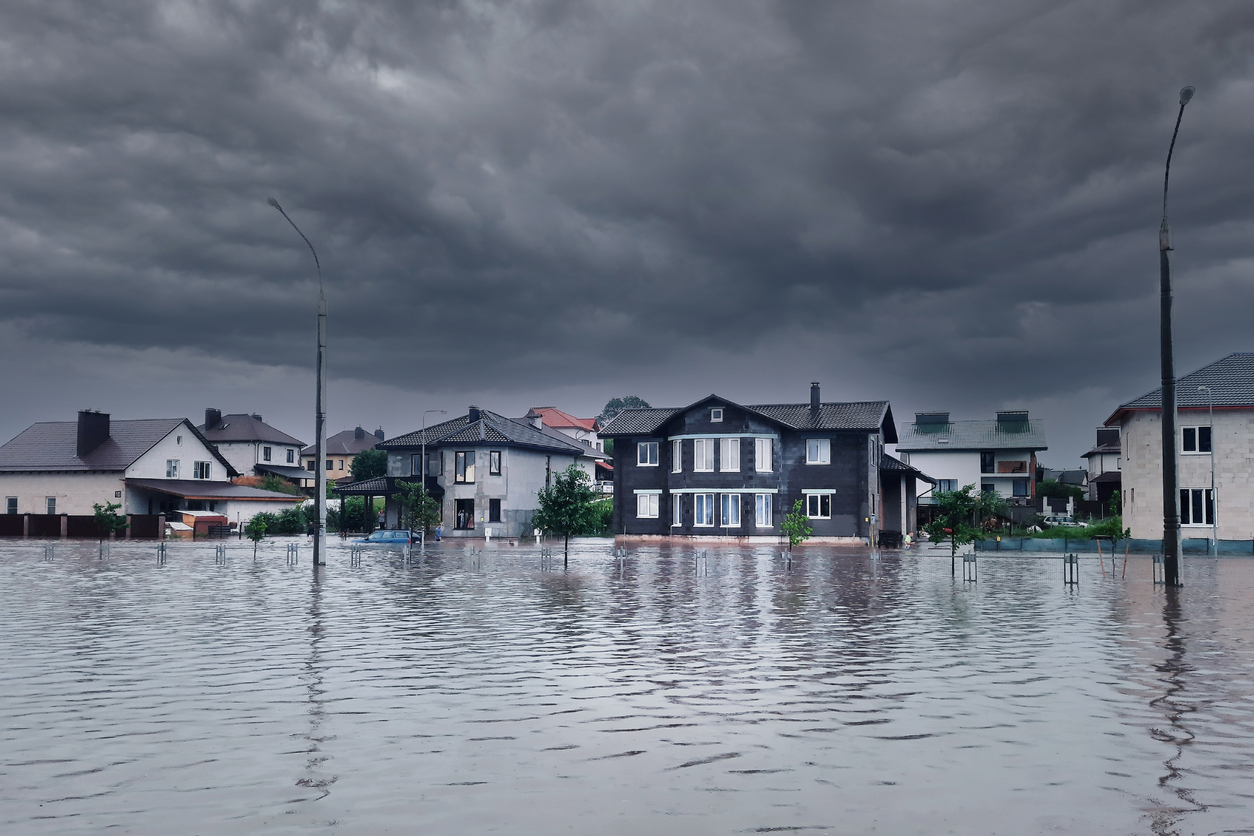
If you are a homeowner in New Jersey, it is vital to know what to do after a hurricane has damaged your home. In recent years, New Jersey has faced its share of hurricanes: Sandy, Patricia, Michael, Ida, and Ian all caused damage to homes and roads. Unfortunately, this is the new normal, prompting homeowners to invest in
flood insurance and other protective measures. These steps can make all the difference in the aftermath, when the entire state may struggle to recover.
A Hurricane Has Damaged Your Home. Now What?
If you’re a homeowner in New Jersey, give yourself the best chance at recovery with this post-hurricane plan.
File a Flood Insurance Claim
It is essential to file a New Jersey Flood insurance claim after a hurricane has damaged your home. The claims process takes time, especially when a large area gets hit; an influx of claims can overwhelm insurance companies and cause a backlog. Since you can’t access funds for repairs until you receive the payout, you must prioritize this step.
Assess the Damage
As part of filing an insurance claim, you’ll have to catalog and document the
damage to your property. In most cases, this means photographing the state of your home and creating a list of missing and damaged belongings.
During this time, you should also take steps to prevent further damage. For example, you should turn off the gas lines until you get them checked, as there may be a leak. Leaking gas lines are a fire and poisoning hazard, so it’s better to be safe than sorry.
If you have holes in your windows or roof, this is the time to board them up. While these are only temporary measures, they can keep the worst water damage at bay until you schedule repairs.
Set Up Your Generator
Many people didn’t have power in the wake of Hurricane Ian as powerful winds took down powerlines. A gas-powered home generator offers several benefits in these circumstances:
- Reliable light during overcast days and stormy nights
- Running fridge to keep food fresh
- Operational stove to cook food and boil water
- Functioning internet connection to stay in touch
Of course, generators produce carbon monoxide as a byproduct, so you must keep this equipment outdoors. While this arrangement may be inconvenient, especially in the stormy days following a hurricane, keeping your family safe is critical, as carbon monoxide is deadly. Even if you survive poisoning, you may suffer heart or brain damage, leading to lifelong complications.
Review Your Flood Insurance Policy
Once things have settled down, it’s a good idea to research insurance for flood damage. New policies may be available, or you may find lower premiums. Talk to your agent about coverage and address any concerns about the claims process.
It’s also a good idea to look into government programs that can assist with paying for flood insurance, providing additional coverage, or renovating your home to endure a tropical storm better. Since you never know what the future will bring, it’s better to over-prepare than underestimate.
About Provident Protection
For more than 65 years,
Provident Protection Plus has served the businesses and residents across several states nationwide. Today, we are a wholly-owned subsidiary of Provident Bank, the region’s premier banking institution. To learn more about our coverage options,
contact our specialists today at (888) 990-0526.
 If you are a homeowner in New Jersey, it is vital to know what to do after a hurricane has damaged your home. In recent years, New Jersey has faced its share of hurricanes: Sandy, Patricia, Michael, Ida, and Ian all caused damage to homes and roads. Unfortunately, this is the new normal, prompting homeowners to invest in flood insurance and other protective measures. These steps can make all the difference in the aftermath, when the entire state may struggle to recover.
If you are a homeowner in New Jersey, it is vital to know what to do after a hurricane has damaged your home. In recent years, New Jersey has faced its share of hurricanes: Sandy, Patricia, Michael, Ida, and Ian all caused damage to homes and roads. Unfortunately, this is the new normal, prompting homeowners to invest in flood insurance and other protective measures. These steps can make all the difference in the aftermath, when the entire state may struggle to recover.



